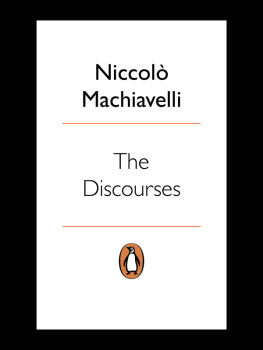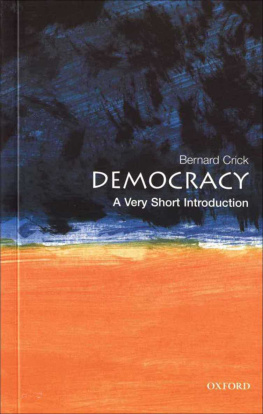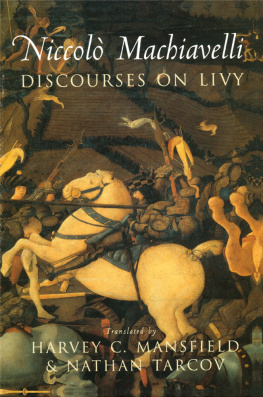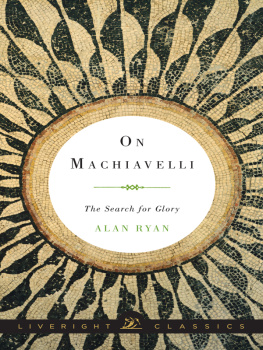PENGUIN BOOKS
Published by the Penguin Group
Penguin Books Ltd, 80 Strand, London WC2R 0RL , England
Penguin Group (USA) Inc., 375 Hudson Street, New York, New York 10014, USA
Penguin Group (Canada), 90 Eglinton Avenue East, Suite 700, Toronto, Ontario, Canada M4P 2Y3 (a division of Pearson Penguin Canada Inc.)
Penguin Ireland, 25 St Stephens Green, Dublin 2, Ireland (a division of Penguin Books Ltd)
Penguin Group (Australia), 707 Collins Street, Melbourne, Victoria 3008, Australia (a division of Pearson Australia Group Pty Ltd)
Penguin Books India Pvt Ltd, 11 Community Centre, Panchsheel Park, New Delhi 110 017, India
Penguin Group (NZ), 67 Apollo Drive, Rosedale, Auckland 0632, New Zealand (a division of Pearson New Zealand Ltd)
Penguin Books (South Africa) (Pty) Ltd, Block D, Rosebank Office Park, 181 Jan Smuts Avenue, Parktown North, Gauteng 2193, South Africa
Penguin Books Ltd, Registered Offices: 80 Strand, London WC2R 0RL , England
www.penguin.com
Published in Pelican Books 1970
Introduction and editorial material copyright Bernard Crick, 1970, 2003All rights reserved
All rights reserved
ISBN: 978-0-141-91318-6
THE BEGINNING
Let the conversation begin...
Follow the Penguin Twitter.com@penguinukbooks
Keep up-to-date with all our stories YouTube.com/penguinbooks
Pin Penguin Books to your Pinterest
Like Penguin Books on Facebook.com/penguinbooks
Find out more about the author and
discover more stories like this at Penguin.co.uk
THE DISCOURSES
Niccol Machiavelli was born in Florence in 1469 of an old citizen family. Little is known about his life until 1498, when he was appointed secretary and Second Chancellor to the Florentine Republic. During his time of office his journeys included missions to Louis XII and to the Emperor Maximilian; he was with Cesare Borgia in the Romagna; and after watching the Papal election of 1503 he accompanied Julius II on his first campaign of conquest. In 1507, as chancellor of the newly appointed Nove di Milizia, he organized an infantry force which fought at the capture of Pisa in 1509. Three years later it was defeated by the Holy League at Prato, the Medici returned to Florence, and Machiavelli was excluded from public life. After suffering imprisonment and torture, he retired to his farm near San Casciano, where he lived with his wife and six children and gave his time to study and writing. His works included The Prince; the Discourses on the First Decade of Livy; The Art of War, and the comedy, Mandragola, a satire on seduction. In 1520, Cardinal Giulio de Medici secured him a commission to write a history of Florence, which he finished in 1525. After a brief return to public life, he died in 1527.
Bernard Crick is Emeritus Professor of Birkbeck, the University of Londons college for mature part-time students. He took early retirement in 1984 to live in Edinburgh and interest himself in British Isles questions. Born in 1929, he was educated at University College London, the London School of Economics and Harvard. He lived for four years in North America before teaching at the LSE and then Sheffield University. His books include The American Science of Politics; In Defence of Politics; George Orwell: A Life; Political Thoughts and Polemics; Essays on Citizenship, and Crossing Borders.
He had a long association with The Political Quarterly and has been a contributor to the Observer, the Guardian, the New Statesman and the Independent. He was chairman in 1998 of the government advisory committee whose report led to making Citizenship a new subject in the English national curriculum; and in 2002 he was knighted for services to citizenship and political studies.
In Memory of Felix Raab
A brilliant Australian postgraduate student who, had he not by misfortune got killed in a climbing accident, a brave but imprudent action, would surely have written a truly great and sensible, sympathetic yet critical, work on Machiavelli as shown irrefutably in the evidence of his thesis, published posthumously as The English Face of Machiavelli: A Changing Interpretation, 15001700 (London, 1964).
Preface to the 2003 Reprint
I must confess that over nearly thirty-five years my views on the nature and importance of the political have not changed, so for reasons both good and bad I have decided to let my original Introduction stand, but to shorten the original Preface and to purge and update Suggestions for Further Reading. The last thirty years have seen great advances in Machiavelli scholarship. They are most clearly encapsulated in the work of Quentin Skinner, the mentor and originating editor of the Cambridge Texts in the History of Political Thought one of the great contemporary enterprises of historical scholarship.
Some points of my Introduction could stand revision, the references and examples could now be richer and I might claim less for Machiavellis originality and more for his success in presenting what were becoming commonplaces of humanist thought. But while sharing many of the Cambridge schools presuppositions, I think there is something more, at least something different. There is a difference between political theory and the history of political ideas. Once a text has been placed in its context (intellectual, political and biographical) to recover the meaning that the concepts had to the authors contemporaries, then one can, and I believe should, move from the mode of history of ideas into the mode of political thinking; one should then consider the truth and general validity of the propositions asserted in that text. To know an authors intentions is essential, but any great thinker and writer will, in the creative activity of thinking and writing, go beyond premeditated and planned intentions and speak, in part at least, home truths to us as well as to contemporaries. Meanings change over time and are, indeed, essentially contestable, so to be always on guard against gross anachronism and to respect historical method; but in some texts sufficient meaning remains to justify talking of some perennial values and important theories that stand the test of time. Such a case is that very tradition of civic republicanism which Professor Skinner sought to recover in Machiavelli, but is now too often and mistakenly regarded as dead. This needs reviving in an age of technocrats and professionals and modernizers who are so often two-faced about active citizenship.

















